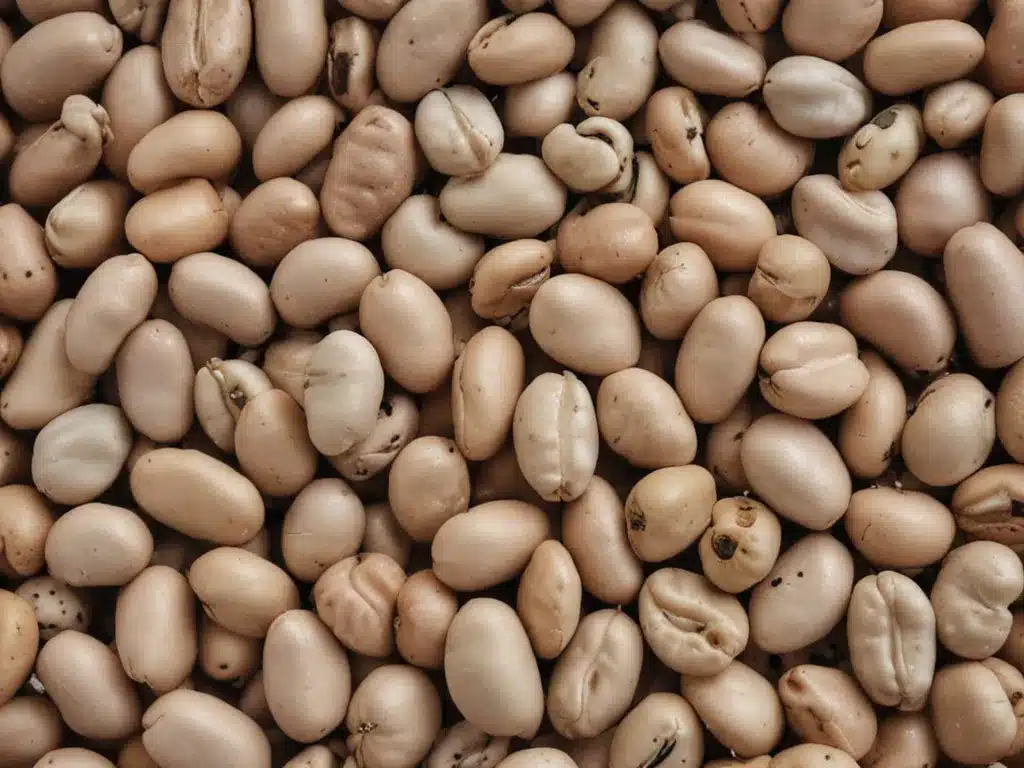
Nestled high in the Lesser Caucasus Mountains of northeastern Georgia lies the enchanting region of Lechkhumi, home to some of the world’s rarest coffee beans. As I trekked through the verdant valleys and up into elevations over 2,000 meters, I encountered small farming collectives cultivating beans renowned across the globe for their vibrant acidity and floral notes. I sought to understand more about these unique beans and their storied cultural significance to the people of Lechkhumi.
A Rich Agricultural History
Lechkhumi has a long tradition of coffee farming dating back to the late 19th century when beans were first introduced to the region from neighboring Racha. The porous volcanic soil and cool mountain climate proved ideally suited to cultivating coffee arabica, enabling trees to thrive at elevations much higher than typically possible. Over generations, farmers developed specialized techniques to grow beans adapted to the local conditions, selecting heirloom varietals that yielded small but intensely flavored crops.
As I talked with elder farmers, they described how coffee was historically integral to social gatherings and important ceremonies. Extended families would process harvested beans together using traditional mortar and pestle methods before brewing thick, aromatic coffees to share. Some varieties hold special cultural significance, like the prized “Wedding Coffee” gifted only for marriage celebrations. Through centuries of careful cultivation, the people of Lechkhumi safeguarded unique strains perfectly matched to the terroir.
Today, a revival of interest in Lechkhumi’s rare coffee beans is occurring. Recent initiatives seek to support smallholder farmers through promotion of direct trade relationships and specialty roasting. The Lechkhumi Coffee Collective aims to strengthen livelihoods while preserving traditional growing methods passed down for generations. As demand rises globally for unique single-origin offerings, these efforts promise to spur new opportunities for the region’s agricultural heritage to thrive.
Distinctive Flavor Profiles
What sets Lechkhumi’s coffees apart is their intense complexity achieved despite the high mountain elevations. The region’s volcanic substrata and cooler growing temperatures yield beans possessing rich body alongside vibrant acidity and intricate notes. Through meticulous harvesting and processing, varietals are brought out expressing a wide range of unusual flavor profiles.
I was fortunate to sample many distinctive cultivars through local grower associations. A standout was the “Queen Anne’s Lace” selection exhibiting floral aromas reminiscent of wild fennel, alongside tangerine acidity and floral honey sweetness on the palate. Another, dubbed “Smokey Rose”, produced elegant smoke and cardamom spices balanced with red berry acidity. The fabled “Wedding Coffee” impressed with its delicate jasmine and orange blossom perfume leading to a long, complex finish.
Beyond tasting exceptional as single-origin offerings, Lechkhumi’s rarities contribute distinctive layers when blended into specialty roasts. Local coffee professionals experiment blending varietals to showcase complimentary characteristics, such as pairing “Queen Anne’s Lace” honeyed body with “Smokey Rose” spices. Lechkhumi’s beans offer specialty roasters and consumers unique flavor profiles unavailable elsewhere.
Sustainable Stewardship of Cultural Heritage
To maintain the genetic diversity and cultural significance of Lechkhumi’s coffee heritage demands sustainable stewardship. Elder farmers stressed how each cultivated variety holds meaning shaped by generations of adaptive selection. Losing any strain would diminish both the region’s agricultural legacy and coffee diversity worldwide.
Encouraging initiatives by collectives like the Lechkhumi Coffee Cooperative promote an eco-friendly “garden culture” production model. This decentralized approach enables smallholders to manage trees alongside other orchards and crops, protecting against losses from disease or weather. Community associations also organize harvesting and processing using traditional open-air methods passed down for centuries.
Looking to the future, youth engagement remains key. Projects introduce young people to their agricultural roots through hands-on experience assisting elders with specialty techniques. Education instills pride in Lechkhumi’s unique heritages while ensuring knowledge transfers to new generations. With supportive partnerships, the region’s rare coffee varieties can thrive for years to come, consistently yielding distinctive crops celebrating both landscape and people. Sustainable stewardship in this way safeguards an irreplaceable cultural asset.
Tables of Key Varietals
Some of Lechkhumi’s most notable and prized coffee varieties are outlined below:
Varietal Name | Key Characteristics
|-|-|
Queen Anne’s Lace | Floral aromas of fennel and tangerine, honeyed body with red berry acidity
Smokey Rose | Elegant spices of smoke and cardamom balanced with floral acidity
Wedding Coffee | A delicate perfume of jasmine and orange blossom, complex finish
Levan Mountain Jewel | Bright berry flavors with herbal nuances and crisp acidity
Babaneuri Delight | Dense cocoa and almond notes leading to a long, chocolate finish
Local growers continue selecting heirloom strains and trialing new cultivars suited to Lechkhumi’s terroir. Each varietal expresses subtle intricate characters tying these rare coffees indivisibly to place. Sustainably farmed and carefully processed, they promise to delight specialty roasters and consumers worldwide for generations to come.



















